Overview
Jogi Works was an online platform where users could book everyday services through an app. The app ran on a business model, similar to Urban Company.
Problem Statement
Considering the high demand for low-cost home-based services in the US, Jogi Works’ business logic helped.
People had to pay way more than the cost of service itself. This made the option for home-based services quite expensive in the US.
Our Approach
The app was divided into multiple categories followed by various service options.
The app was divided into multiple categories followed by various service options.
- Agency
- Freelancer

Service Models
The Agency Model
The ones with physical stores or centers could list their services here. These service areas were based on the ZIP codes provided by them.
The agencies would register themselves and hire people from that particular location.
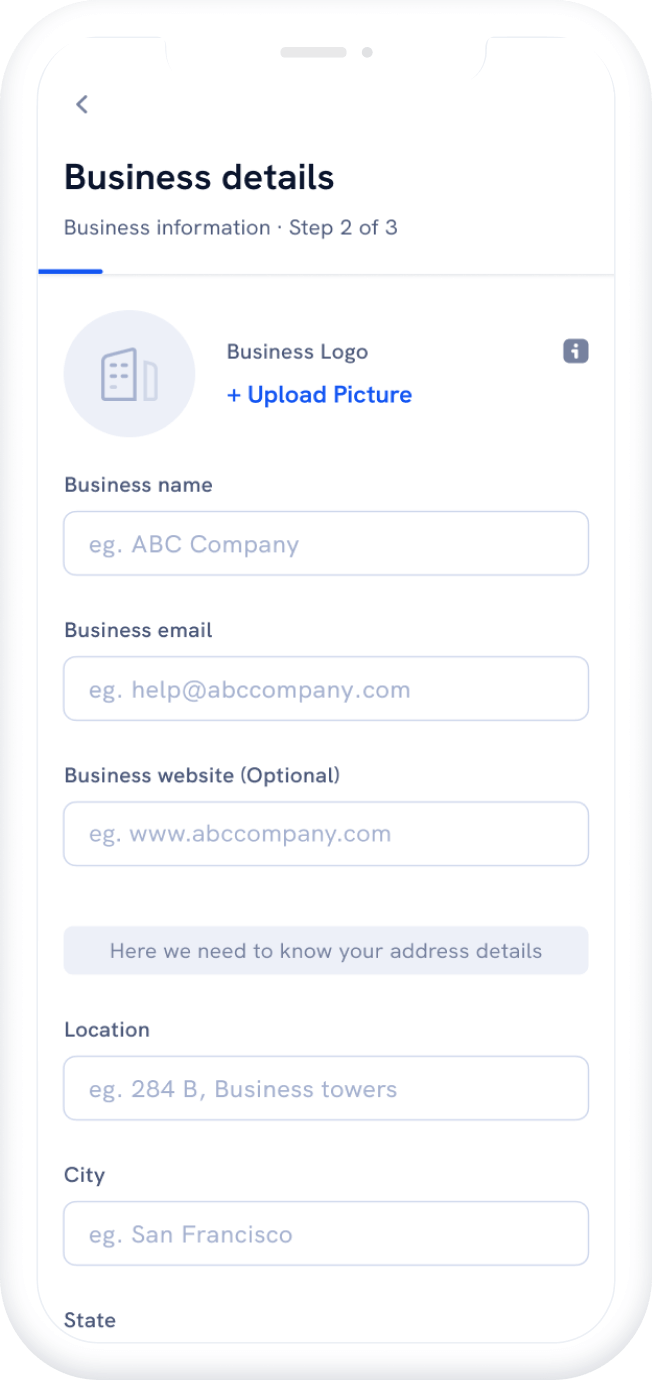
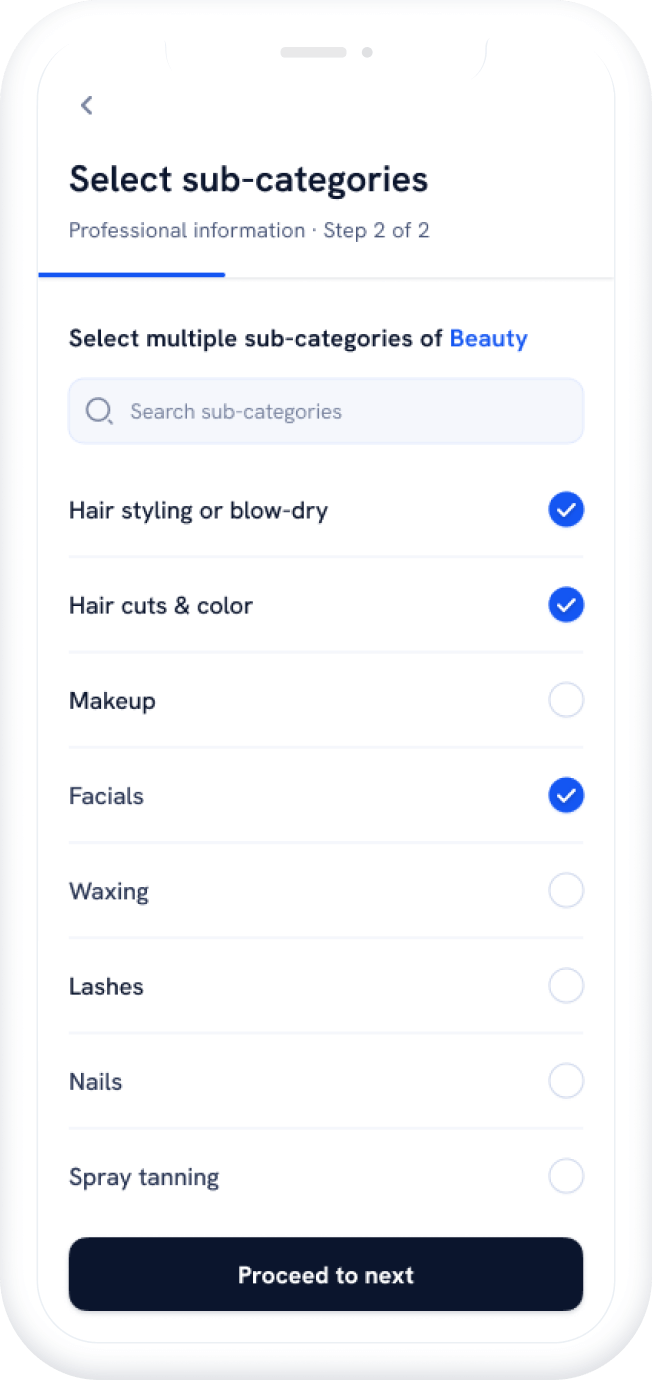
The Freelancer Model
Keeping in mind the US’s work culture, the freelancer model was a great option to support people with a side job. This offered them employment opportunities as well.
The registered freelancers could choose only one category but provide multiple services, for example - if a person has registered for the ‘salon’ category, they could provide as many salon services as they wish to.
How did it work?
The model worked on a simplified flow. It was easy for both — the vendors and the end-users making it one of the best platforms to book services.

The User App
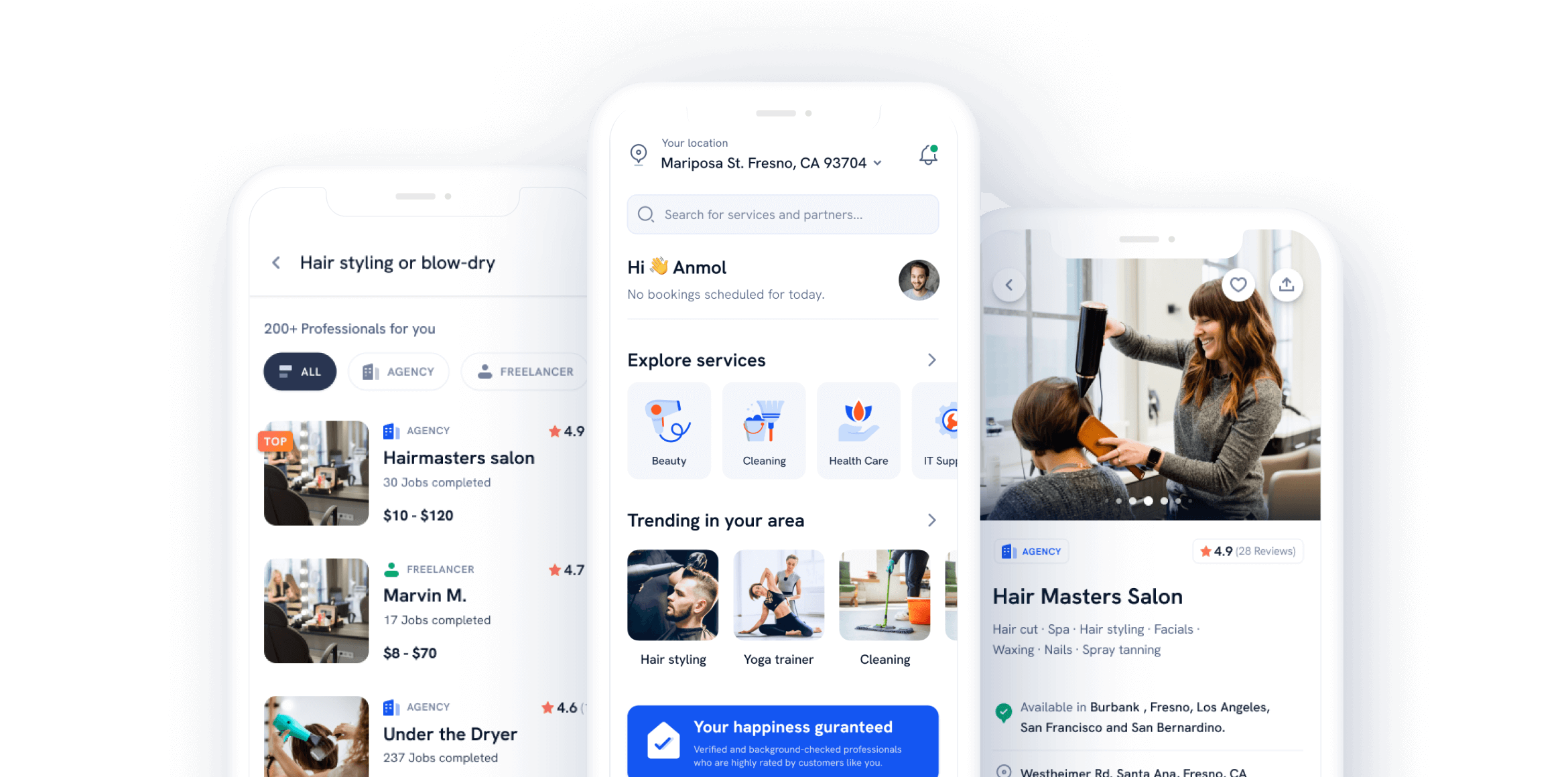
Services for The Users
From proving healthcare services to pet care - Jogi Work was one perfect option for every user.
Health Care
Beauty
Cleaning
IT Support
Car services
Maintenance
Creative
Pet Care
Education
Events

The Vendor App
The vendor app consisted of an admin portal and three different layouts:

The Freelancer

The Agency

The Agency Member
The App’s Layout Was Customized As Per The Profile
The Freelancer
The freelancers could see, login, create, and edit their personal info, and accept/reject bookings as per their availability.
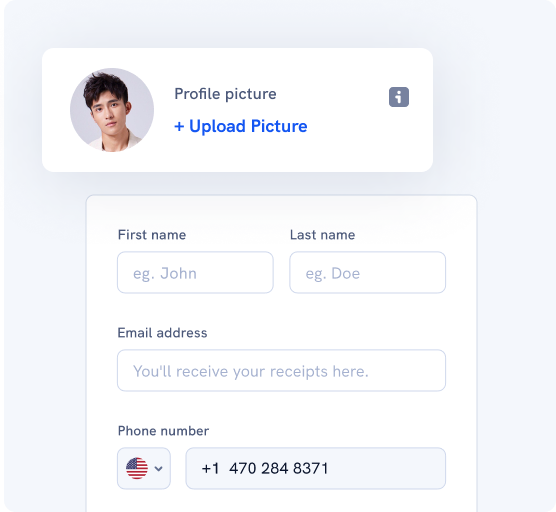
The Agency
The agency could assign services to its agency members.
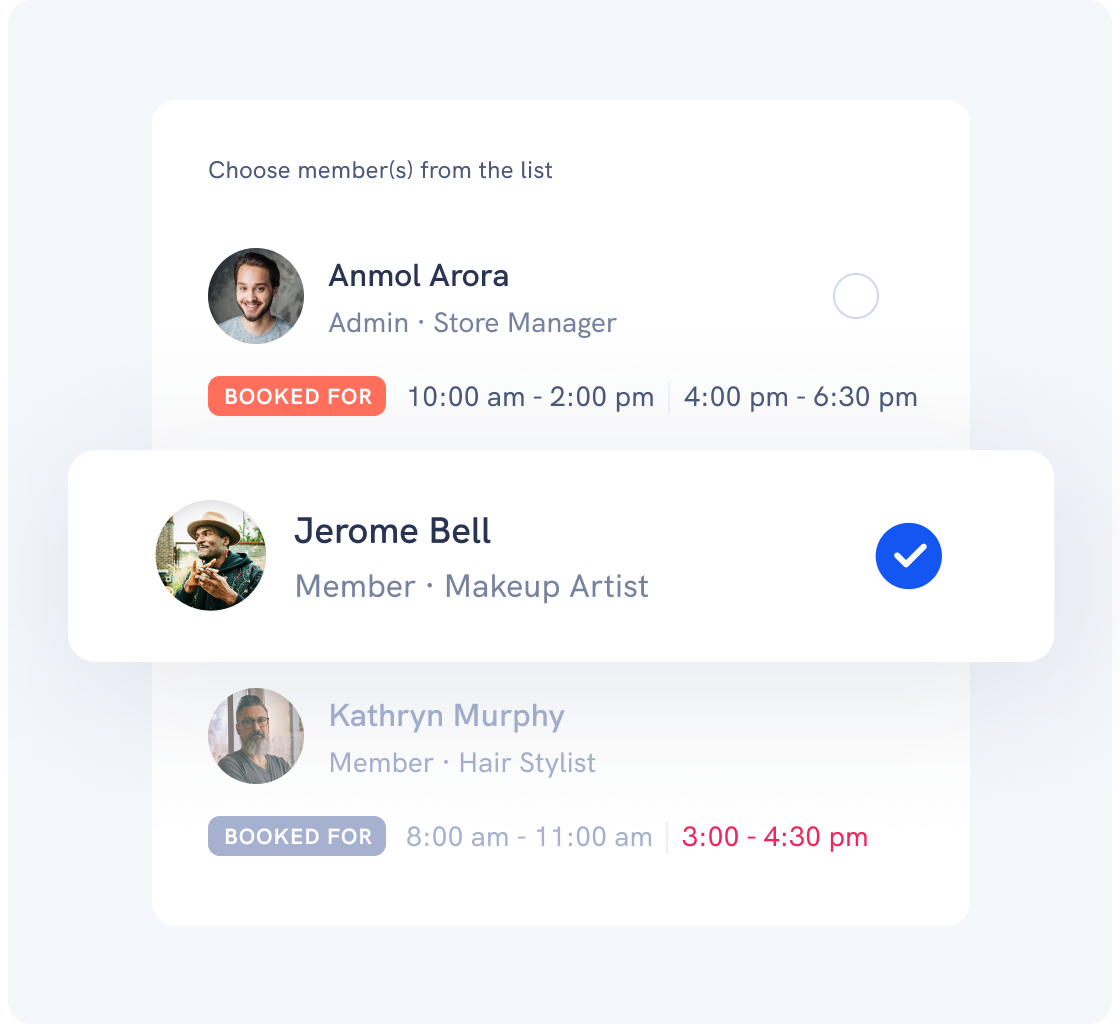
The Agency Member
The agency members could accept/reject bookings as per their availability.
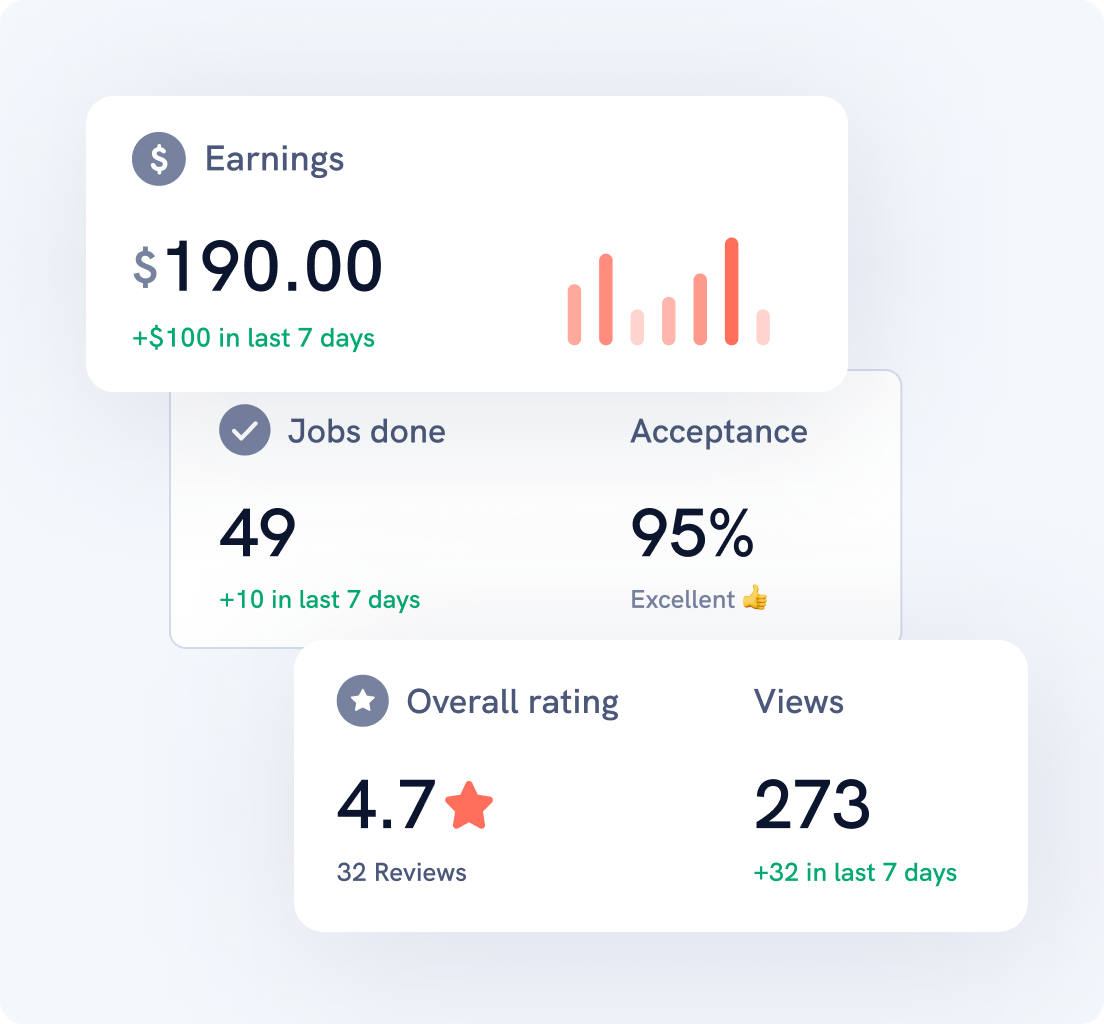

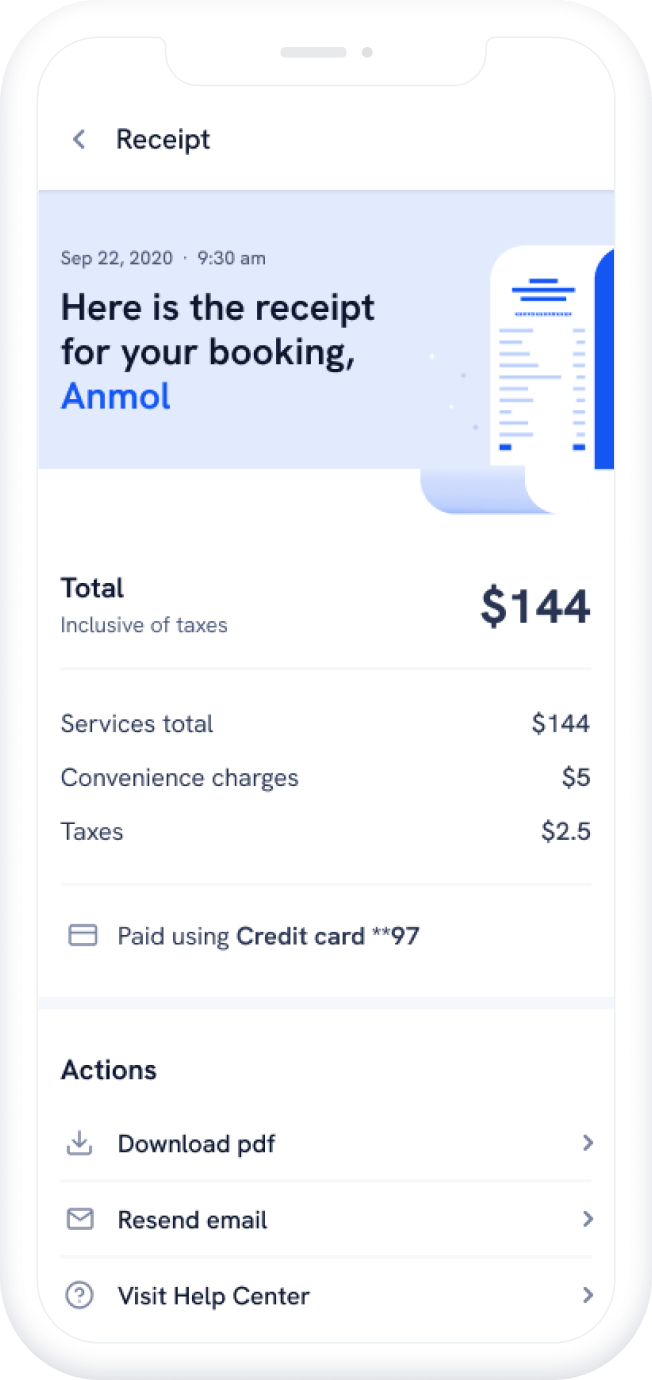
Payments
The platform followed an escrow system. The payments were divided into various steps, depending on the service being provided. Some were hourly based while some followed a fixed amount.
Commission, in both cases, was charged as per the state tax rule.
However, the service provider was asked to enter their final price for the given service, and a third party would calculate the state tax for that area and display the final amount to the user.
Outcome
The business model was more friendly for the ones seeking employment opportunities across the area because of the ‘freelance’ model. On the other hand, the agencies could expand their services to multiple locations without needing a physical store.

Let us contact you
and take your business forward!













